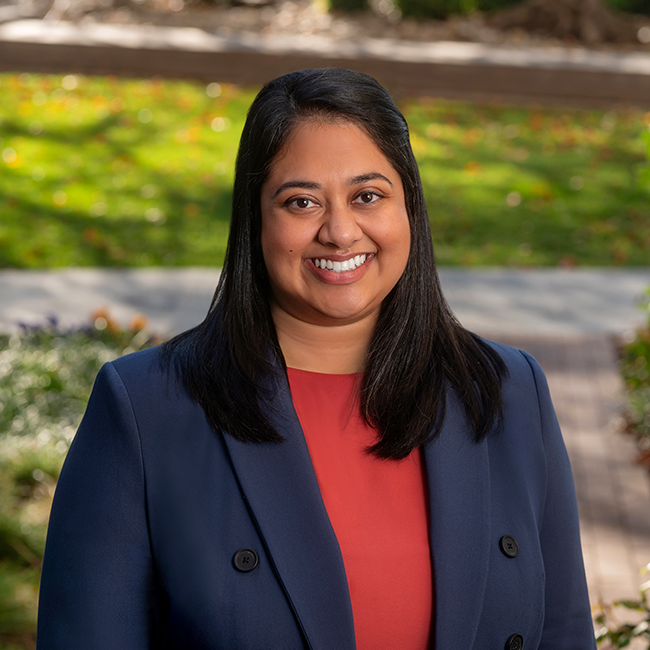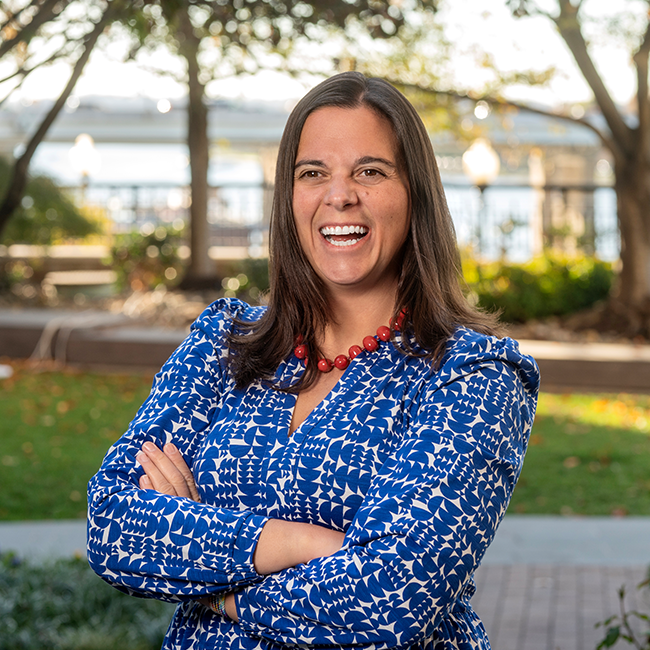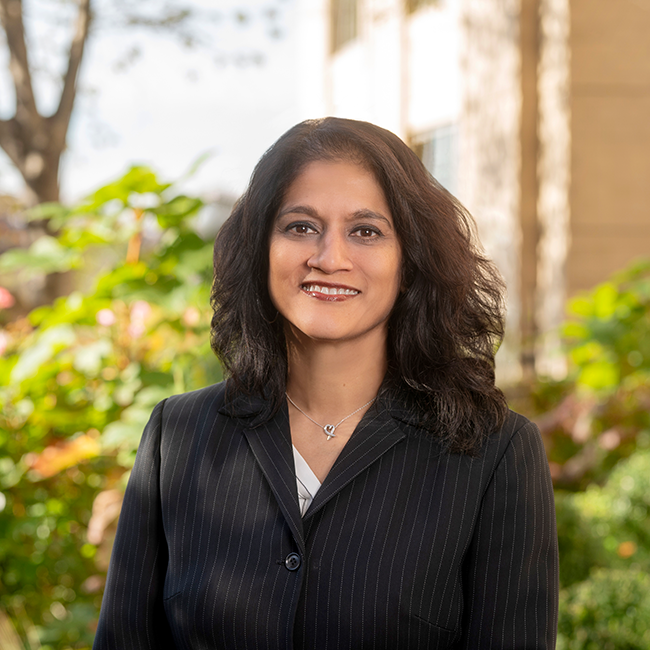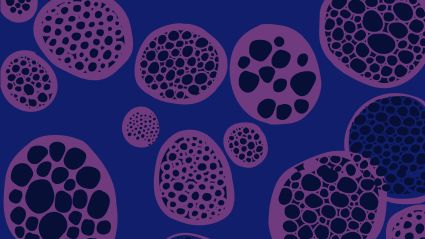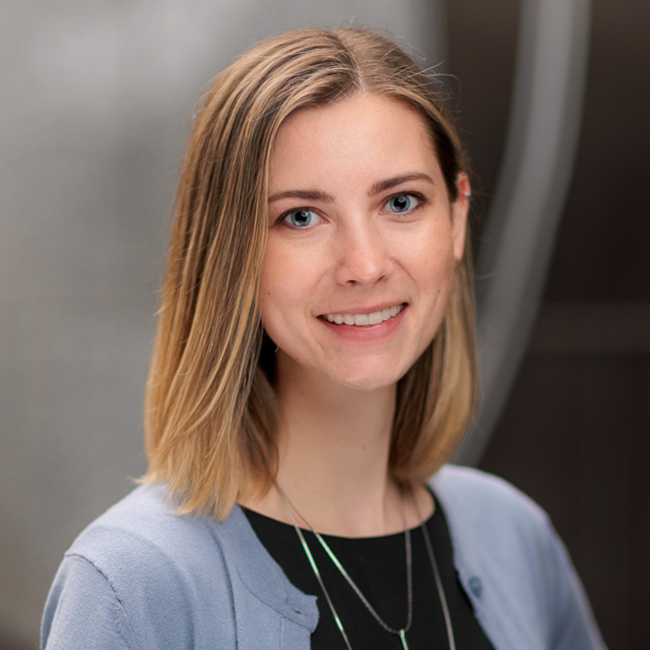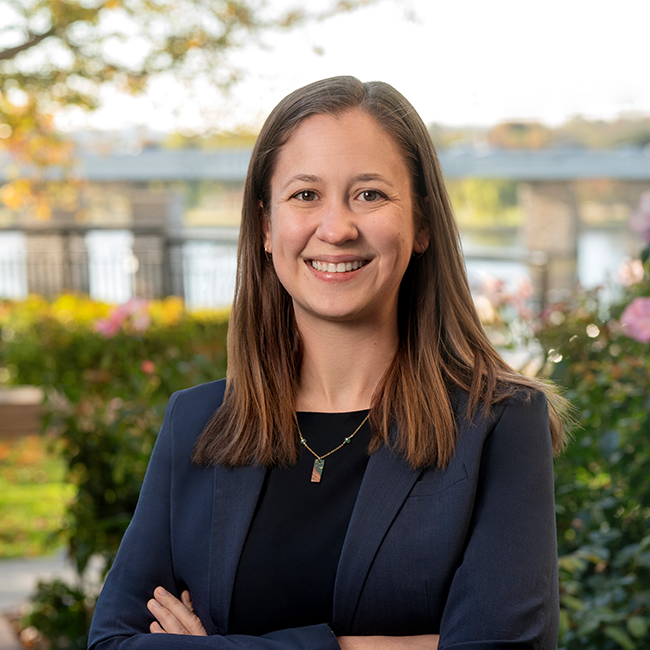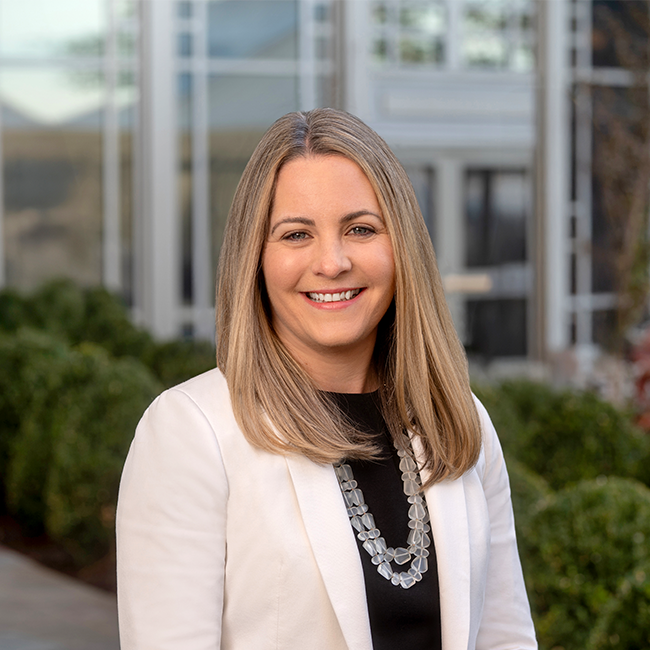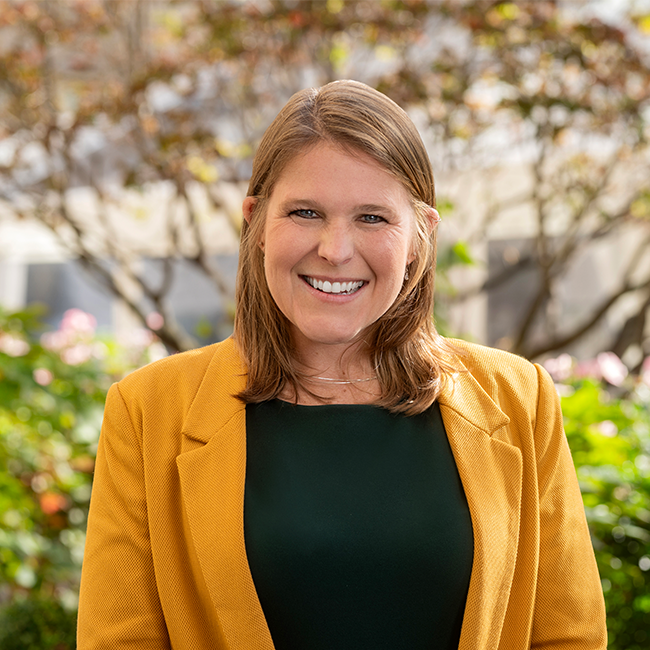
The Biswas Family Foundation and the Milken Institute are pleased to announce the five research teams selected to receive funding in the first cycle of the Transformative Computational Biology Grant Program. Almost $14 million has been awarded to teams using computational tools across a range of focus areas including diagnosis of cardiovascular disease, precision oncology therapies, enhancement of clinical datasets, and drug repurposing systems. Many of the awarded studies have incorporated multidisciplinary collaborators to address gaps in translational research for enhanced integration of computational tools in clinical care. Research studies will run for two or three years.
AI for Genomic Medicine: Circuitry, Treatment, Personalization

Manolis Kellis, PhD, professor of computer science, Massachusetts Institute of Technology
Co-Investigators: Brad Pentelute, PhD and Marinka Zitnik, PhD
This project aims to support the integration of single-cell spatial sequencing with rapid machine learning approaches to generate a shortlist of target genes for precision therapeutics in metastatic melanoma. The high-throughput discovery loop will help advance biomarker selection, de novo drug synthesis, and drug repurposing, which is essential for more effective cancer therapeutics.
A Chatbot Assistant for Genetic Diagnosis and Interpretation of Common and Rare Cardiovascular Diseases

Anshul Kundaje, PhD, associate professor of genetics and computer science, Stanford University
Co-Investigator: Jesse Engreitz, PhD
This project aims to accelerate the diagnosis of patients with cardiovascular diseases by developing a chatbot interfaced with genomic knowledge graphs. In the clinical diagnostic workflow, the impact of genomic mutations is unknown in many cardiovascular diseases, so genomic knowledge graphs populated by machine learning models trained on multiple types of data can improve the diagnostic process.
Biswas Center for Transformative Computational Cancer Biology

Katherine Pollard, PhD, director of data science and biotechnology, Gladstone Institutes
Co-Investigators: Alex Marson, MD, PhD, Barbara Engelhardt, PhD, Catherine Tcheandjieu Gueliatcha, DVM, PhD, Christina Theodoris, MD, PhD, Karin Pelka, PhD, Ryan Corces, PhD, Seth Shipman, PhD, and Vijay Ramani, PhD
This project aims to support the development of personalized diagnosis and treatment for colorectal and skin cancers. Machine learning models will be trained to predict how a patient’s genetic mutation can alter tumor cell biology to better understand the diverse pathways that drive cancer and to evaluate the effectiveness of candidate immunotherapies for more personalized treatments.
The MAIDA Initiative: Democratizing Global Medical Imaging Data Sharing for Safer and Fairer AI

Pranav Rajpurkar, PhD, assistant professor of biomedical informatics, Harvard Medical School
This project aims to collect medical imaging data from around the globe to facilitate the use of AI to analyze images and improve diagnosis and treatments. The focus is on collecting chest X-rays and chest CT images for a variety of clinical settings. Developing an open data repository of medical images that is representative of diverse patient populations can help the deployment of AI tools that are more reliable, equitable, and inclusive.
CURE-Bench: Universal Benchmark for All-Disease Drug Repurposing
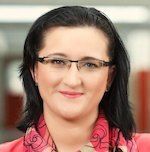
Marinka Zitnik, PhD, assistant professor of biomedical informatics, Harvard Medical School
This project aims to build CURE-Bench, a comprehensive all-disease benchmark for evaluating computational drug repurposing systems. An international competition will help establish common tasks and datasets to promote the development, evaluation, and widespread use of AI models to identify clinically relevant drug repurposing hits. The goal is to develop a hub of pre-trained AI models and an accompanying evaluation framework to benchmark models across diseases and datasets.

